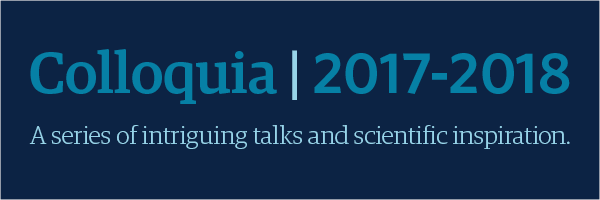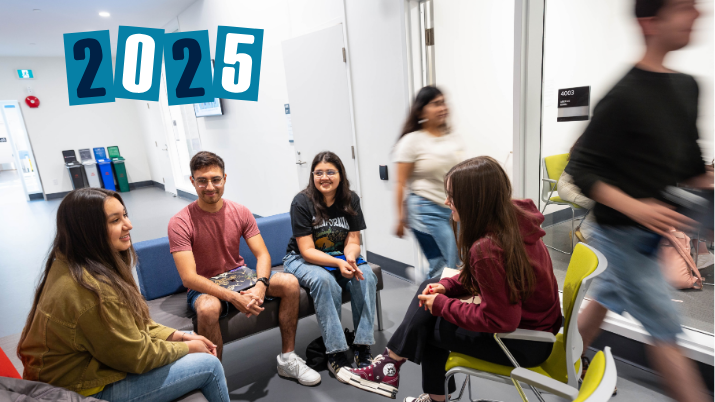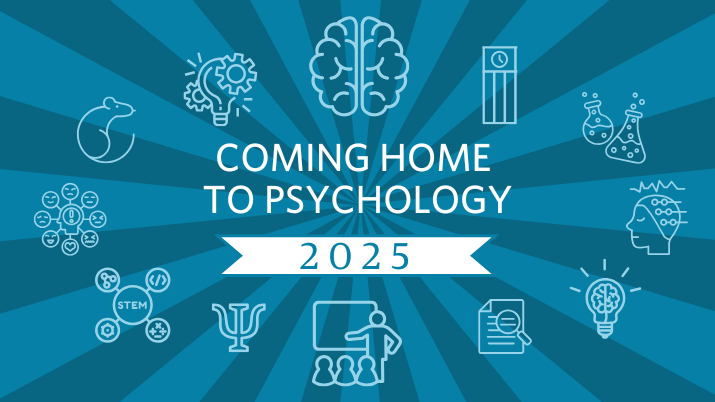

FEATURING
Dr. Jens C. Pruessner, University of Constance, Constance, Germany
TITLE
Bidirectional effects of early life adversity on stress system regulation – in search for a comprehensive theory
ABSTRACT
Early life adversity (ELA), in the form of low parental care or overprotection, or physical, sexual, or emotional abuse, is consistently linked to poor mental health outcomes in adulthood, including psychosis, depression, and burnout. A generally agreed-upon mediator of these effects is a changed regulation of the stress /energy systems in the organism, namely the autonomic nervous system (ANS), and the hypothalamic-pituitary adrenal (hpa) axis. Investigated in both human and animal studies, these systems are consistently found dysregulated in organisms exposed to ELA, however the directionality is unclear, with some studies demonstrating heightened activity, while others show blunting of the biomarkers of the system, after exposure to adversity early in life.
Several theories exist that try and explain these mixed effects, considering factors like age of exposure, trauma severity, duration, or type. Importantly, none of the theories can be used to explain all of the available data, suggesting that additional factors / mediators might be at play.
The current talk will summarize the major theories in the field and point out some of the commonalities and differences among them. In addition, it will introduce potential mediators that are currently not incorporated in the theories but that might be important to consider to better understand the ELA / stress response system relationship.
BIO
Dr. Jens Pruessner studies stress and aging, using various techniques ranging from the self-developed Montreal Imaging Stress Task (MIST), over the cortisol response to awakening, to protocols allowing the assessment of specific structures in the medial temporal lobes with help of Magnetic Resonance Imaging. He has been a member of the International Society of Psychoneuroendocrinology since 2004, the International Society of Behavioral Neuroscience since 2002, and the Society for Neuroscience since 2001. In 1998, Dr. Pruessner received the Postdoctoral Fellow Award and Stipend, and the University of Trier Alumni Group PhD Award. The Centre for Psychobiological and Psychosomatic Research in Trier, Germany awarded him the Innovation Award in 1997.
Annually the Department of Psychology hosts a Colloquia Series throughout the academic year.

